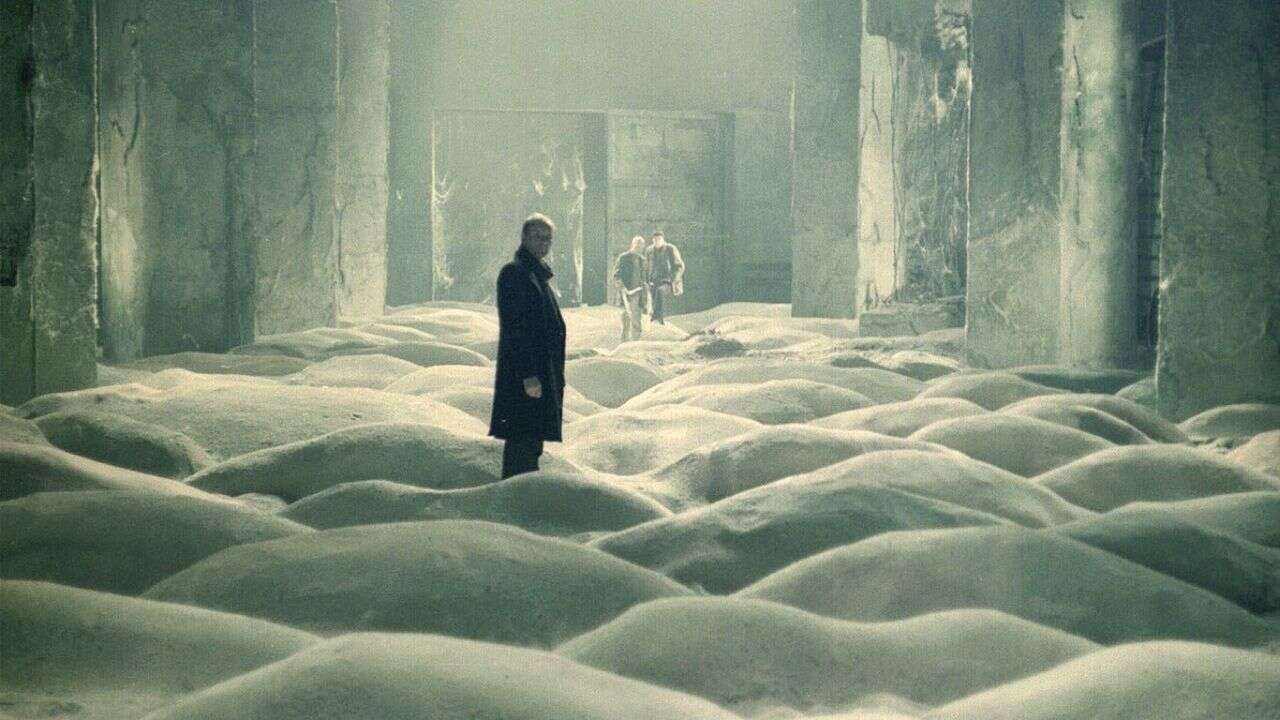It’s natural to feel some trepidation about darkness. It’s a survival instinct, rooted in the need to protect ourselves from very real predators. Cosmic horror is a little different: The only present danger the blackness of space presents is its inhospitable nature, and that only matters to the scientists (and billionaires) going up there. And yet, we still look at the blackness of space and find things to be afraid of. That’s where cosmic horror, the genre pioneered by H.P. Lovecraft, comes from.
We like to think of humanity as being the center of the universe. As far as we can tell thus far, we are. Not in that the Earth is the center around which the universe spins, but in that we haven’t yet found any confirmed signs of life and, thus, can really only worry about ourselves. Cosmic horror wonders at our insignificance against the vastness of space–millions of stars, billions of planets, and an almost infinite opportunity for other life to thrive. That life could be larger, older, and more powerful than us. It could be so large, so unfathomably ancient to our comparatively short-lived civilization, that we’re as significant to it as ants are to us.
Cosmic horror is also equal parts fascinated and terrified by scientific discovery and the curse of knowledge. It fears the potential of knowing the unknowable and being unable to forget it, and what that can do to the human mind. It’s fascinated with madness, superstition, and existential dread.
- Alien (1979)
- Stalker (1979)
- The Thing (1982)
- In The Mouth of Madness (1994)
- Event Horizon (1997)
- Call of Cthulhu (2005)
- The Mist (2007)
- Cabin in the Woods (2011)
- Under the Skin (2013)
- Black Mountain Side (2014)
- Annihilation (2018)
- Color Out of Space (2019)
- The Lighthouse (2019)
- Underwater (2020)
- Glorious (2020)
- The Empty Man (2020)


Only a couple of those I haven’t seen, but this is overall a really good list!